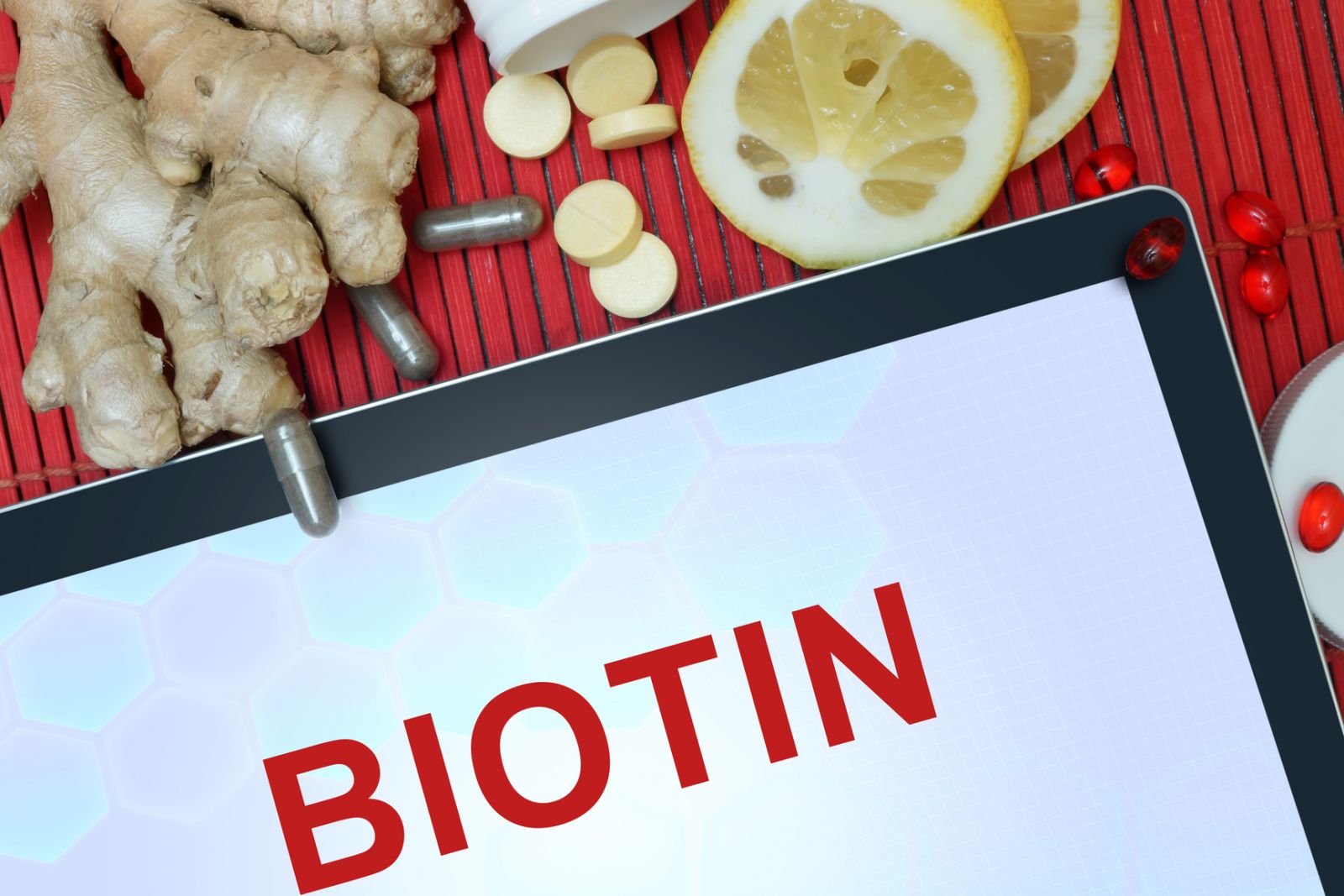Welcome to the DermacenterMD Blog
Posts for: July, 2016
 Rosacea is a confusing topic for most people. It is typically a problem of the face in adults where they can experience bumps or redness and often both. Characteristic symptoms of rosacea are red bumps, pus bumps, and dilated blood vessels on the face.
Rosacea is a confusing topic for most people. It is typically a problem of the face in adults where they can experience bumps or redness and often both. Characteristic symptoms of rosacea are red bumps, pus bumps, and dilated blood vessels on the face.
Many people who suffer from rosacea claim that drinking coffee causes aggravation of their rosacea symptoms. It has been thought that the caffeine in coffee was to blame for causing flare ups, but more recently, it has been discovered that it is the heat of coffee that causes the flushing or redness of the face. Phew! This means if you suffer from rosacea and are an avid coffee drinker (like many of us), you’re in luck! You don’t have to give up your caffeine fix (phew!). Instead, avoid hot liquids. Rather than grabbing your steamed latte in the morning, opt for an iced coffee and see if your symptoms improve.
Choosing iced or cool drinks over hot drinks can make a big difference for some people. Other treatment options are available for rosacea as well. Topical creams and oral antibiotics can be effective in reducing rosacea flare ups. If you suspect rosacea, come in to have your skin evaluated by Dr. Moore. Rosacea is not something you have to live with, it is treatable.
Give us a call at 574-522-0265 today!

5 Health Benefits of Biotin
Vitamin H, or biotin, is a part of the complex B vitamins. Biotin is a vitamin that can be very beneficial to your health. Here are 5 health benefits you can garnish from taking biotin:
1.Strengthen hair and nails
Biotin can help to thicken nail cuticles and prevent breakage. While there is little evidence to support the idea that biotin increases hair growth, there is evidence to support that a deficiency can lead to hair loss. Many hair care companies are now including biotin directly into their products.
2.Improve health of your skin
B vitamins play a key role in the function of the nervous system and affect hormone function; therefore biotin can play a significant role in skin health. If skin is not nourished from the inside out, toxicities will form through the nervous system and manifest on the skin’s surface.
3.Aid in weight loss
Biotin supports metabolic function and helps to break down food, especially carbohydrates.
4.Lower cholesterol
When cholesterol levels are too high you are at a greater risk of developing health problems such as heart disease, heart attack and stroke. It is thought that biotin can help to reduce bad cholesterol levels.
5.Regulate blood sugar
Biotin has been associated with helping to prevent and fight off diabetes. A 2005 study conducted by the Biomedical Research Institute found that biotin deficiency has been linked to impaired glucose tolerance and decreased utilization of glucose. Therefore, taking biotin could help your body to properly use and absorb glucose.
It is always best to check with your doctor before adding any supplement to your diet. Biotin is found in many foods and most people already meet their daily requirements if they have a nutrient-rich diet. However, taking it as a supplement can be helpful. Consult your doctor before adding biotin to your diet.
Source:
Webstie: http://www.chatelaine.com/health/wellness/biotin-can-boost-your-health/
Study: http://www.ncbi.nlm.nih.gov/pubmed/15992683
 The medical name for a mole is melanocytic nevus. It is a common benign growth of the color cells of the skin known as melanocytes. Moles normally appear during our first year of life and peak in number in the second or third decade. The average number of moles for an adult is 25. Moles can increase in number with sun exposure, especially sunburns before the age of 12. Some moles may even disappear as you get older.
The medical name for a mole is melanocytic nevus. It is a common benign growth of the color cells of the skin known as melanocytes. Moles normally appear during our first year of life and peak in number in the second or third decade. The average number of moles for an adult is 25. Moles can increase in number with sun exposure, especially sunburns before the age of 12. Some moles may even disappear as you get older.
The more moles you have, the greater your chance is of developing melanoma, the most serious and potentially fatal form of skin cancer. Chronically sun exposed body sites have a higher density of moles normally. Moles may increase in size, particularly before the age of 20. Having a high number of large moles also increases your chances of developing skin cancer.
Keeping track of your moles and checking your skin every month can help to ensure that you know where your moles are and you can be certain that they are not growing or changing. A new or changing mole is at the highest level of risk for skin cancer. If you find anything suspicious in a mole, it is best to have it looked at by your dermatologist.
If you have found something suspicious, call to make an appointment today: 574-522-0265.
Source:
Via http://www.dermatology.org/molemelanoma/whatismole.html
Archive:
Tags
- dry skin (2)
- moisturizer (1)
- sensitive skin (3)
- PA (2)
- Skincare (2)
- skin cancer (29)
- cancer (6)
- facts (1)
- skin (19)
- dermatology (22)
- skin care (19)
- cosmetic (2)
- wrinkles (1)
- Botox (4)
- Dysport (3)
- sleep (1)
- look good (1)
- daily routine (1)
- healthy lifestyle (1)
- doctor (2)
- patient (1)
- sun protection (5)
- sunscreen (14)
- aging dermatology (1)
- providers (1)
- tanning (2)
- sun (6)
- UVA rays (2)
- UVB rays (2)
- melanoma (10)
- Acne (2)
- Treatment (2)
- sunscren (1)
- sun exposure (5)
- Melanoma Monday (2)
- Skin Cancer Awareness Month (1)
- education (2)
- skin cancer specialist (1)
- basal cell carcinoma (1)
- squamous cell carcinoma (1)
- ingredients (2)
- improve your smile (1)
- cosmetics (1)
- laser (1)
- fillers (2)
- sunburn (3)
- avoid the sun (1)
- hat (1)
- sun clothing (1)
- SPF (1)
- Rosacea (3)
- NP (1)
- Nurse Practitioner (1)
- mid-level provider (1)
- physician (1)
- dermatologist (6)
- cosmetic dermatology (4)
- anti-aging (2)
- youthful looks (1)
- Eczema (2)
- rash (2)
- itch (1)
- the rash that itches (1)
- reduce itch (1)
- itching (1)
- getting along with others (1)
- basal cell (2)
- squamous cell (2)
- detection (1)
- Mohs surgery (2)
- photoaging (1)
- Inspiring (1)
- word of the day (1)
- inspiration (3)
- uplifting (1)
- protection (4)
- lips (1)
- reduce wrinkles (1)
- look younger (1)
- encouragement (1)
- never give up (1)
- you can do it (1)
- medical school (1)
- dreams (1)
- brown spots (1)
- moles (2)
- liver spots (1)
- age spots (1)
- Abe Lincoln (1)
- life lessons (1)
- lip cancer (1)
- health (12)
- motivation (1)
- work (1)
- people (2)
- home life (1)
- lifestyle (1)
- ABCDEs of Melanoma (1)
- mole (1)
- skin check (2)
- skin facts (2)
- odd (1)
- fun (1)
- interesting (1)
- lung cancer (1)
- disease (1)
- Christmas (2)
- gifts (1)
- sun burn (1)
- winter skin tips (1)
- itchy skin (1)
- winter skin (1)
- myths (1)
- myth busted (1)
- skin protection (1)
- sunscreen safety (1)
- specialist (1)
- red skin (1)
- irritation (1)
- feel good (1)
- helping (1)
- help (1)
- helping others (1)
- treatment options (1)
- skin health (9)
- Vitamin D (2)
- tanning beds (1)
- skin health. dermatology (1)
- sunshine (1)
- awareness (1)
- prevention (1)
- sun damage (3)
- connections (1)
- working together (1)
- health care (1)
- biotin (1)
- medical (1)
- aging (1)
- elkhart (1)
- Roger Moore (1)
- check (1)
- skin type (1)
- skin cancer prevention (1)
- gift guide (1)
- Christmas gift guide (1)
- Dr. Roger Moore (1)
- holidays (1)
- family history (1)
